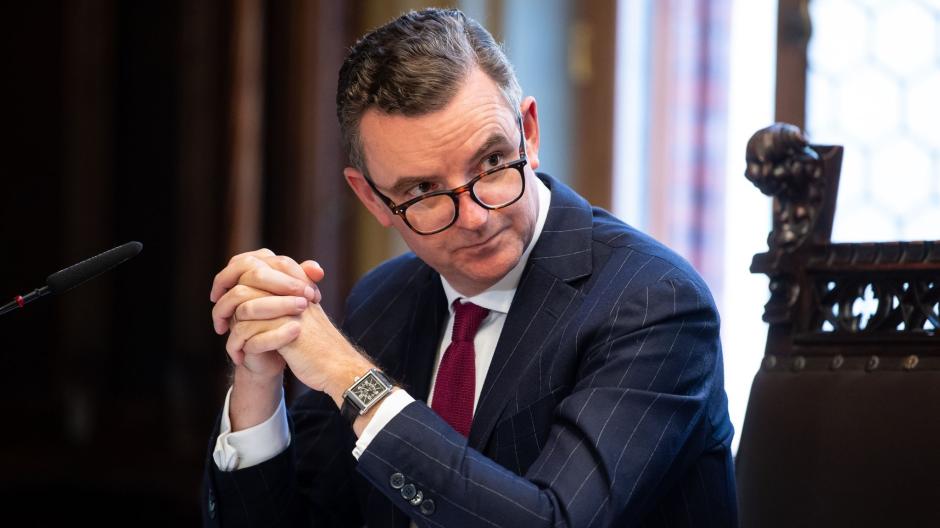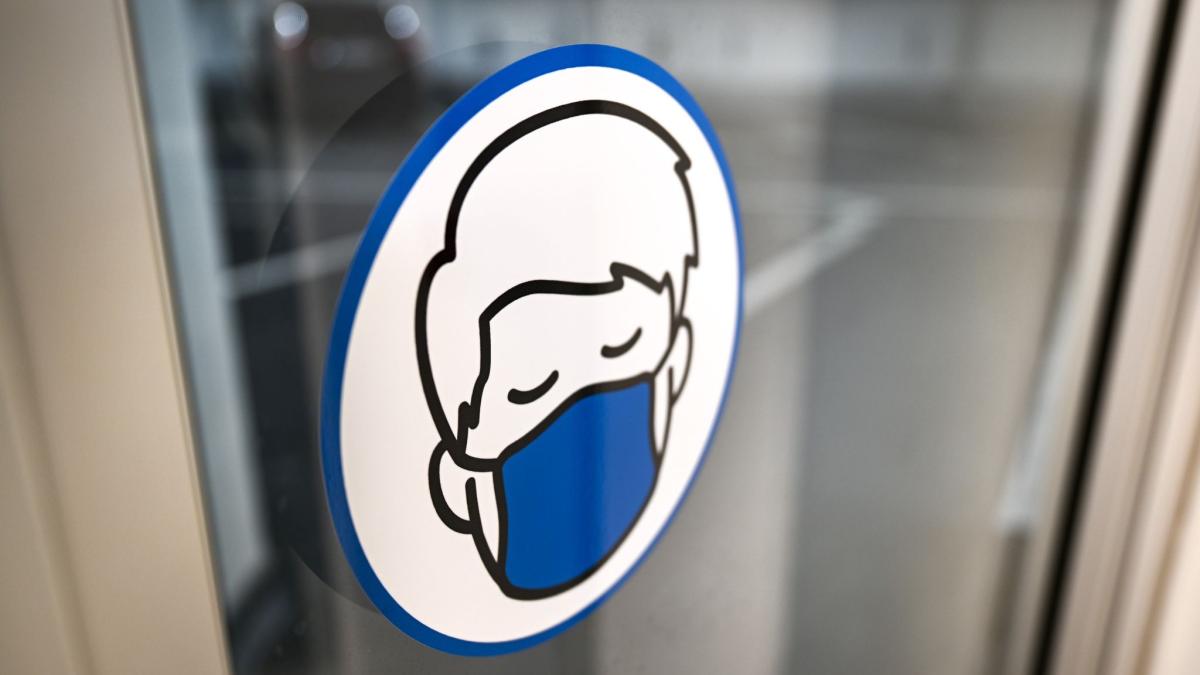The mask requirement in hospitals could soon end. Bavaria would have nothing against an earlier end to the corona protection measures. One expert calls this “irrational”.
There has been tremendous momentum in corona policy. From the beginning of February, masks will no longer be compulsory in local and long-distance traffic. Even the previously very cautious Federal Health Minister Karl Lauterbach (SPD) felt compelled to take this step. But what’s next? Is it conceivable that all corona measures will fall well before the corresponding Infection Protection Act expires on April 7th?
Corona rules in Bavaria: Holetschek can imagine earlier easing
Federal Minister of Justice Marco Buschmann (FDP) has already requested this from our editorial team. The development is currently so positive that you can get out faster. This would primarily affect a sensitive area: the mask requirement (and test requirement) for retirement homes, hospitals and medical practices. Lauterbach insists that the protective measures in these facilities remain in place. But the Bavarian Health Minister Klaus Holetschek can also imagine an earlier relaxation. “In Bayern we are also closely monitoring developments with regard to hospitals, retirement homes and vulnerable groups. And we’ll adjust the rules as soon as the situation permits,” Holetschek told our editorial team.
The Bavarian Health Minister Klaus Holetschek can imagine earlier relaxation of the corona rules if the development remains positive (CSU)
Photo: Peter Kneffel, dpa (archive image)
The CSU politician finds a proposal by intensive care physician Christian Karagiannidis “worth considering”. The President of the German Society for Internal Intensive Care Medicine and Emergency Medicine wants to maintain the mask requirement in hospitals until the end of Carnival in order to limit the virus entry from outside. Ash Wednesday is February 22nd.
Mask requirement, isolation: virologist Drosten considers the pandemic to be almost over
Since Germany’s best-known virologist Christian Drosten declared the pandemic to be over in an interview at Christmas, the discussion about the end of the pandemic has been increasing Corona rules always on the move. Since then, the nationwide seven-day incidence has continued to fall – despite all caution with regard to its informative value. It is just over 100 and thus lower than it has been since autumn 2021. According to most experts, the population has built up a high level of immunity.
Many federal states have used this development to relax the rules in their area of responsibility. In mid-November, Bavaria abolished the obligation to isolate people who tested positive and is now demanding this nationwide. In addition, the masks in local transport in the Free State fell a month ago – “without it having a negative effect,” as Health Minister Holetschek emphasized. He now advocates relying on more personal responsibility and a high level of expertise in hospitals and nursing homes. “They know best which measures make sense for them,” said the CSU politician. However, Holetschek continues to recommend wearing masks on trains, for example: “The mask also helps against the flu.”
Also read about this
Munich expert Wendtner is against a quick relaxation of the corona measures
Clemens Wendtner, chief physician for infectiology at Munich Clinic Schwabing, on the other hand, criticizes the rapid relaxation: “In a season when viral diseases are at their peak, it is very questionable to relax things too quickly,” said Wendtner in an interview with our editors. From his point of view, “irrational and hasty decisions” are made.

The Munich infectiologist Clemens Wendtner, here at a press conference in Munich City Hall.
Photo: Sven Hoppe, dpa (archive image)
Wendtner, whose team treated the first German corona patients in early 2020, warns against relying too much on people’s personal responsibility: “My sobering experience is that personal responsibility only works to a limited extent. And mostly at the expense of the weakest.”
